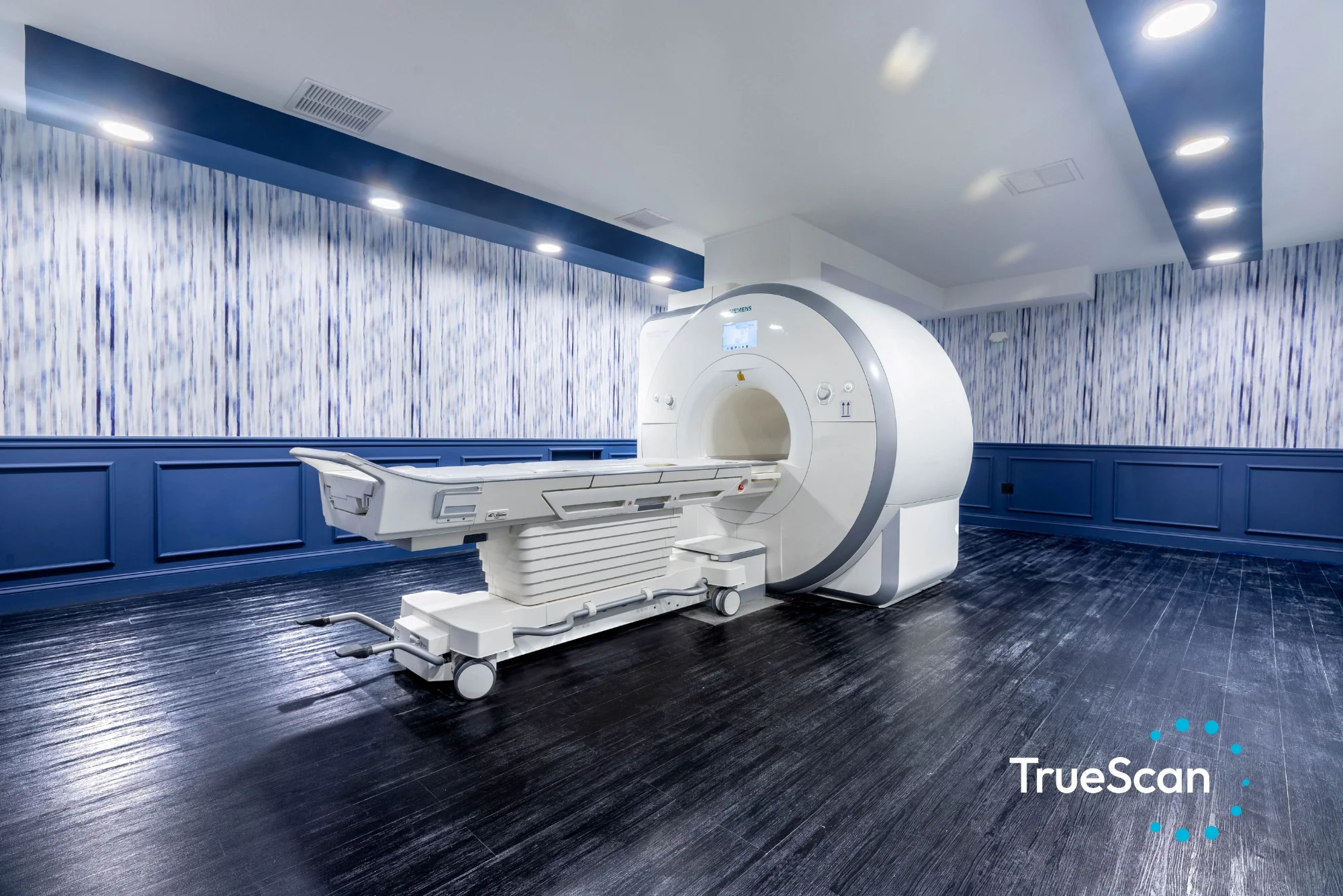
One of the most challenging aspects of medicine is figuring out the why.
Immediately jumping to medication without knowing why a symptom is present can sometimes mask other conditions or subvert opportunities for making changes that improve lifestyle, health, and longevity.
At Griffin Concierge Medical, we focus not only on treating symptoms but also on looking for their why — their root cause. We recognize that answers aren’t always immediately available. The truth is, determining the why behind a symptom involves a lot of patience and time.
The important thing is to stay curious and to keep putting in the time until we get to the root cause of a disease.
Why Is Finding the Root Cause of a Disease or Symptom Important?
The body is a complicated network of systems, and following symptoms to their source can be a complex process.
Sometimes, a collection of symptoms leads to a clear diagnosis. Other times, symptoms are mysterious, not tipping us off to a specific cause. Still other times, the only symptom a person has is just not feeling quite right.
Symptoms don’t always indicate a clearly defined and named disease. But this doesn’t mean your symptoms should be ignored, nor their underlying causes.
Many medications do a wonderful job of reducing or eliminating symptoms, and in some cases, that’s great! But the problem is that these medications can mask what’s really going on in the body, which can allow a condition to continue undetected or even worsen.
A good example of this is blood pressure.
Blood Pressure: A Great Example of How Medication Can Mask an Illness
Hypertension, or high blood pressure, is a very common condition, especially as we age.
Some people have what we call essential hypertension, which means they have high blood pressure for no discernable reason. They’re otherwise completely healthy: They don’t smoke, they exercise regularly, they’re at a healthy weight, and they have no underlying conditions. They may be genetically predisposed to this condition, with everyone in their family getting it regardless of lifestyle or health status.
In such cases, we would typically recommend blood pressure medication and a low-sodium diet as a good solution.
However, many people acquire hypertension over time, and it has little to do with genetics. For these members with acquired hypertension, we don’t want to simply prescribe a low-sodium diet and a pill and walk away. We want to understand the root cause of the disease.
A member might have unique circumstances in their lifestyle — beyond eating a lot of salt — causing their high blood pressure. Or they might have another — potentially dangerous — underlying issue leading to their hypertension.
For example, sleep apnea is a dangerous condition in which a person’s airway closes off repeatedly while they sleep. High blood pressure is a common side effect.
Using medication to stabilize a person’s blood pressure won’t do anything to treat underlying sleep apnea.
Over time, sleep apnea can be quite risky if left untreated. Aside from chronically worsening blood pressure, sleep apnea can also lead to stroke, cardiomyopathy (enlargement of the heart), heart attack, and heart failure. It also leaves sufferers exhausted throughout the day, interfering with productivity and quality of life.
Simply prescribing blood pressure medication without investigating the why could mean we don’t uncover a person’s sleep apnea for years, if ever. We would entirely miss the opportunity to discover that underlying condition and treat it, improving not just a person’s blood pressure, but every aspect of their health and life.
Root Causes and Routine Monitoring
Every condition has a backstory that requires some investigation and monitoring by your physician.
Continuing with the example of high blood pressure, so many factors can contribute: spiking insulin levels, lack of exercise, body composition, and more.
If one of these factors is present and appears to be contributing to a member’s hypertension, then we can address it. For instance, if they have spiking insulin levels, perhaps we’ll look at dietary changes, exercise, and intermittent fasting.
Additionally, modern advancements now allow us the freedom to monitor many symptoms at will. Wearable technology, for example, can monitor your blood pressure every minute of the day. You not only get a much more accurate representation of your typical blood pressure, you also get the chance to see how different variables in your life — stress, exercise, fried chicken — affect that blood pressure.
Putting in the Time, the Tests, and the Consistency
Sometimes, determining the why behind a member’s symptoms isn’t as easy as doing a few tests. Often, truly understanding what is going on with an individual involves consistent monitoring, some trial and error, and keeping our finger on the pulse, so to speak.
That said, regular testing often does help, from baseline blood work to the GRAIL Galleri test, which screens for specific cancer markers in the blood.
The key here is regularity and consistency, so that we quickly recognize when something changes and catch any worrisome results early.
Always Learning and Always Curious
At Griffin Concierge Medical, we’re a bit like medical sleuths.
We find the clues, we put them together, and we follow the trail until we find its source.
All of this takes time, which is why we value the concierge model of care. It provides us the time with each member to investigate the root causes of diseases and symptoms in a way many traditional primary care facilities can’t.
And it’s always worth it.
Even something seemingly small — like high blood pressure — can be the clue that uncovers a much bigger issue. The goal is to never miss an opportunity to shift someone’s health or habits early and efficiently.




